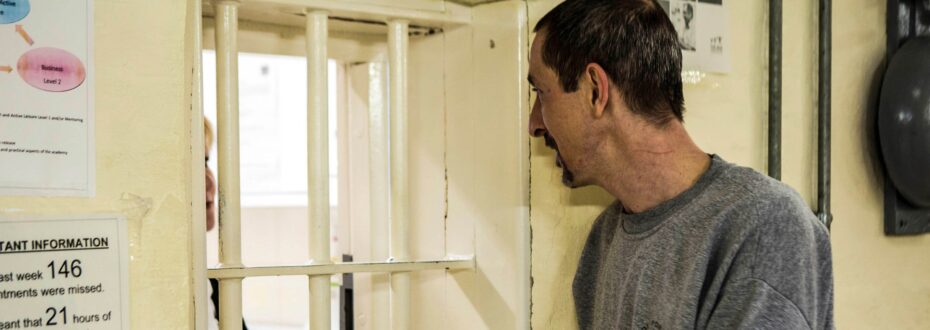Jessica Stubbs and Dr Graham Durcan
In the last two years, prisons in England and Wales have seen an unprecedented increase in the rates of suicide. In 2014 and 15, the figures rose to 89; 2016 saw 119 suicides in prison (a rise of 34%).
Together with the Howard League for Penal Reform, Centre for Mental Health has been addressing the unacceptable rise in prison suicides through a series of investigation and briefings to shed light on the factors surrounding the figures.
The report (the fourth and final in the series, funded by The Monument Trust) is based on interviews with health care staff working in prisons and those reviewing clinical care following suicide deaths. It finds that distress, self-harm and suicide attempts are on the rise and too often viewed as manipulative, rather than expressions of need and vulnerability.
The report highlights that:
- Staffing shortages continue to increase the risk of prisoner suicide
- This depleted workforce requires better, more extensive mental health training
- The prison workforce as a whole appears to have poor mental health and little support
- Prison culture which views prisoner’s distress, self-harming or suicide attempts as ‘manipulative’ rather than ‘vulnerable’ can affect the way staff intervene
- Safety in prison is an increasing challenge with a 40% rise in violent incidents
- Arrival in prison, seen to be a time of heightened suicide risk, failed to detect and address vulnerability.
We’re calling for:
- All prisons to adopt a ‘stepped care’ approach in which the whole system is responsible for a prisoner’s wellbeing and mental health support is available at every level of need.
- All prison staff to receive training and support to support prisoners’ wellbeing, and look after their own.
- Robust risk assessments to be carried out when a person arrives at a prison.
Cover photo credit: Andy Aitchison, Prison Image




